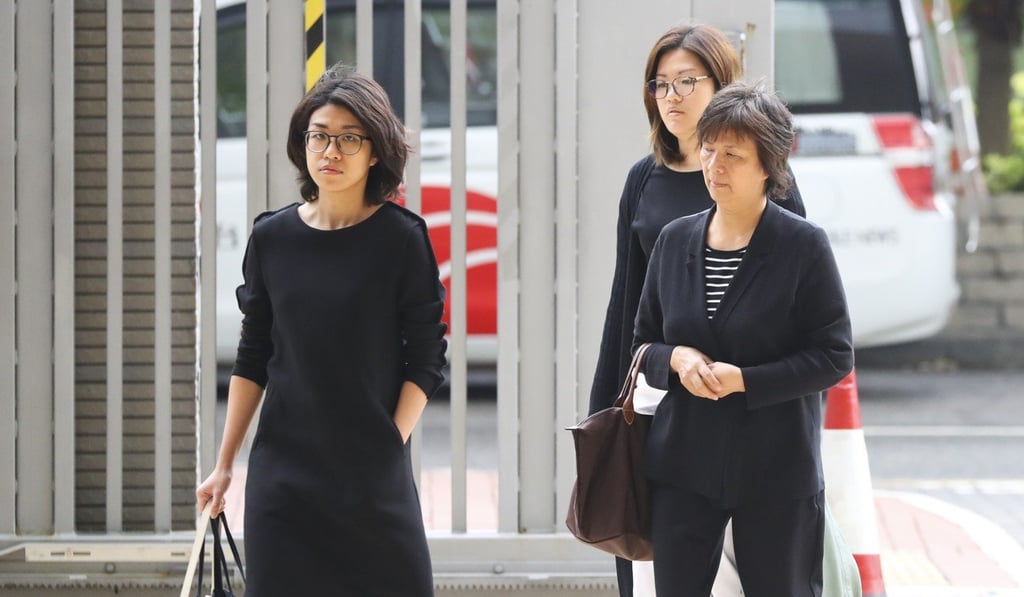Taxi driver who died after being put in headlock during police arrest was ‘killed unlawfully’
- Officers were dispatched to dispute between Chan Fai-wong and a Japanese passenger outside Western Harbour Tunnel toll station in November 2012

The widow and daughters of a 65-year-old man who died a month after being put in a headlock during a police arrest tearfully embraced on Wednesday, after an inquest found in a rare verdict that he was killed unlawfully.
The finding, returned by five jurors following more than six hours of deliberation, dealt a blow to the police as most of the officers had argued they had used legal force when arresting taxi driver Chan Fai-wong on November 11, 2012.
The 3-2 majority verdict of “unlawful killing” also meant the officers involved could be criminally prosecuted over Chan’s death.

Chan Ying-hong, the eldest of Chan’s two daughters, said after all that time, justice had prevailed for her father – who had been an able taxi driver until the fatal encounter with police left him bedridden before his death.
“I hope the respective authorities will take reasonable action as expected by society,” she said, when asked if she anticipated criminal proceedings against some of the officers.